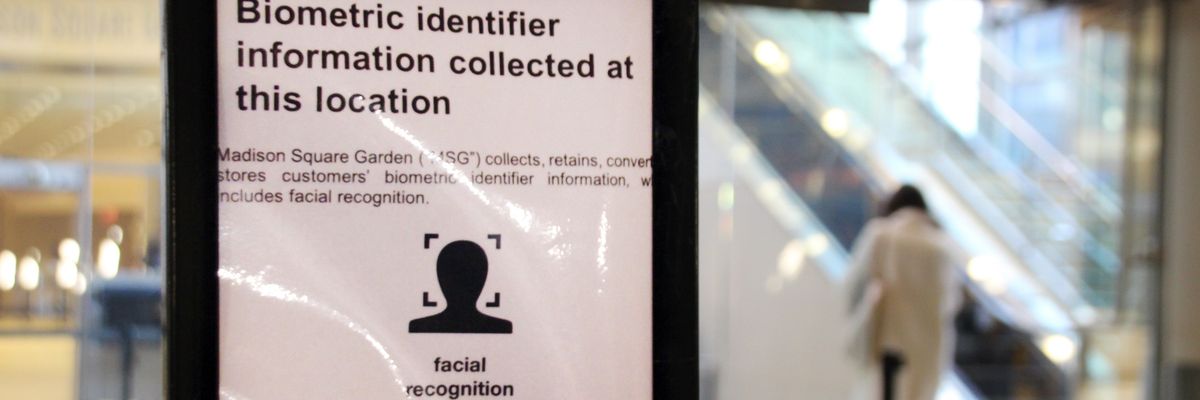The ACLU on Thursday sued the National Security Agency in an effort to uncover how the federal body is integrating rapidly advancing artificial intelligence technology into its mass spying operations—information that the agency has kept under wraps despite the dire implications for civil liberties.
Filed in a federal court in New York, the
lawsuit comes over a month after the ACLU submitted a Freedom of Information Act (FOIA) request seeking details on the kinds of AI tools the NSA is using and whether it is taking any steps to prevent large-scale privacy abuses of the kind the agency is notorious for.
The ACLU said in its new complaint that the NSA and other federal agencies have yet to release "any responsive records, notwithstanding the FOIA's requirement that agencies respond to requests within twenty working days."
"Timely disclosure of the requested records [is] vitally necessary to an informed debate about the NSA's rapid deployment of novel AI systems in its surveillance activities and the safeguards for privacy, civil rights, and civil liberties that should apply," the complaint states, asking the court for an injunction requiring the NSA to immediately process the ACLU's FOIA request.
In a blog post on Thursday, the ACLU's Shaiba Rather and Patrick Toomey noted that AI "has transformed many of the NSA's daily operations" in recent years, with the agency utilizing AI tools to "help
gather information on foreign governments, augment human language processing, comb through networks for cybersecurity threats, and even monitor its own analysts as they do their jobs."
"Unfortunately, that's about all we know," the pair wrote. "As the NSA
integrates AI into some of its most profound decisions, it's left us in the dark about how it uses AI and what safeguards, if any, are in place to protect everyday Americans and others around the globe whose privacy hangs in the balance."
"That's why we're suing to find out what the NSA is hiding," they added.
The ACLU filed its lawsuit less than a week after Congress
approved a massive expansion of Section 702 of the Foreign Intelligence Surveillance Act (FISA), warrantless spying authority that the NSA has heavily abused to sweep up the communications of American journalists, activists, and lawmakers.
With their newly broadened authority, the NSA and other intelligence agencies will have the power to enlist a wide range of businesses and individuals to participate in their warrantless spying operations—a potential catastrophe for privacy rights.
Rather and Toomey warned Thursday that the growing, secretive use of artificial intelligence tools has "the potential to expand the NSA's surveillance dragnet more than ever before, expose private facts about our lives through vast data-mining activities, and automate decisions that once relied on human expertise and judgment."
"The government's lack of transparency is especially concerning given the dangers that AI systems pose for people's civil rights and civil liberties," Rather and Toomey wrote. "As we've already seen in areas like law enforcement and employment, using algorithmic systems to gather and analyze intelligence can compound privacy intrusions and perpetuate discrimination."




